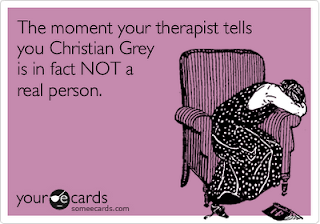When I was working in public libraries twenty-five years ago, we didn’t do anywhere near the things we do in libraries today. Most of the day was spent looking up facts in the almanac, retrieving back copies of magazines and spelling words for people over the phone. But, of course, computers changed all of that.
When people began using computers more and more, librarians wondered if it would mean the end of librarianship, and to some extent it did—librarianship as we knew it anyway. Because most people can look up general facts on their computers, I certainly no longer spend much time looking up telephone numbers or the state flower of Minnesota. However, I surely spend an awful lot of time helping people learn to construct their resumes, search for jobs, make flyers for their businesses, fill out applications for social security and VA benefits and use all manner of electronic devices.
Somewhere along the way, being a librarian changed from needing to be nimble with an encyclopedia to being someone who’s comfortable helping people tackle some of the most important parts of their lives. This shift is reflected in a new report from the American Library Association (http://www.ala.org/research/plftas/2011_2012) which describes how the public is leaning more and more on libraries for support. I’m proud to say that in many areas, Oklahoma libraries are ahead of the national average. More Oklahoma libraries are helping people access government services, fill out online job applications and learn how to use computers.
It’s funny--the computer, which we all thought would make librarianship much more simple (or obsolete) has actually made it so very much more complex. We hope that you will continue leaning on us for anything connected with your information needs. Sure, it makes the job harder, but it so much more rewarding than just giving out the Time & Temp number day after day.














